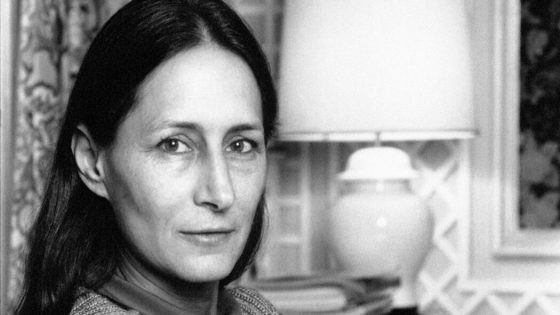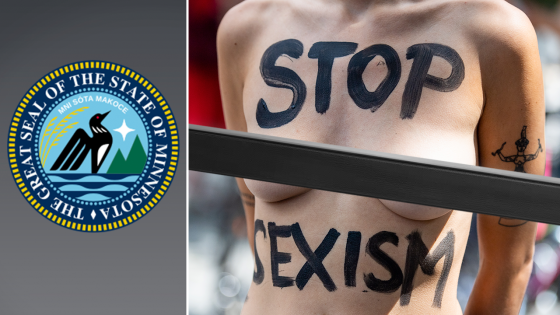THIAROYE-SUR-MER, Senegal (AP) — The upcoming holiday of Eid al-Adha should have been a joyful occasion for millions of Muslims in Senegal. But skyrocketing prices, record unemployment and growing inequalities have turned Tabaski — as the holiday is locally known — into a source of anguish for many in this West African nation.
Those working in big cities or abroad traditionally return home to celebrate Tabaski. Extended families, dressed in boubous, West African flowy tunics, sewn especially for the occasion from imported fabrics, get together to celebrate. People feast on mutton, sacrificed to commemorate Prophet’s Ibrahim’s obedience to God.
Ibrahima Diouf, a 48-year-old fisherman from Thiaroye-sur-Mer, a village on the outskirts of Senegal’s capital, said he could not eat or sleep properly because he was so worried about the financial burden of the holiday.
“All I think about is Tabaski,” he said. “I can’t even sleep. I can’t do anything.”
Diouf, a father of four and the sole breadwinner in his extended family, has failed to gather enough money to buy a sheep, the prices of which start at around $250. There would be no new clothes either, he said.
“It’s been a week that I haven’t found anything in the sea,” said Diouf, sitting in a house he shares with multiple family members and some animals. “I do everything in my power, but life is very difficult for us.”
That has not always been the case. When he was younger, his family bought three or four sheep for every Tabaski, he recalled, and shared a meal of mutton, potatoes and onions with neighbors in need.
Fishing villages such as Thiaroye-sur-Mer, scattered around Senegal’s picturesque coastline, have been an important economic engine for the country. Fishing makes up three percent of the national GDP, and provides around 50,000 direct and 500,000 indirect jobs, according to the Food and Agriculture Organization of the United Nations.
Fishermen have been hit in recent years by climate change and uneven battle with industrial trawlers from China, Russia and Europe who are now operating in Senegalese waters.
Omar Mbeye, a fisherman in his fifties, said that he started fishing when he was 11 years old and lived through the changes.
“It was good then,” he said, sitting at Thiaroye’s beachfront, surrounded by empty pirogues and fishnets. “But right now the sea is ruined. You lose more than you gain. You put your money into it, you go to sea and come back with nothing.”
As the fish stocks have depleted, living costs — including water, fuel and electricity prices — have hit the roof. For 90% of Senegalese in informal jobs, this has made it difficult to get by.
These days, fishing communities struggle to make ends meet, with many choosing to use pirogues, their wooden fishing boats, to try to reach Europe through a route so dangerous that it’s been dubbed “Barcelona or die.”
In Thiaroye-sur-Mer, everyone knows someone who lost a loved one to the sea. Diouf said that just two months ago, he dragged his oldest daughter out of a pirogue while she was about to embark on a journey to Europe in the middle of the night. But he would go himself if he could afford it, Diouf added.
For Senegalese households, Tabaski usually means a tenfold increase in expenses, Momar Ndao, the president of Senegal’s Association of Consumers, told The Associated Press.
But this year, Ndao said, “the number of people that can afford to celebrate Tabaski in the traditional way is lower.” The prices are high, he said, and “with the change of regime, there is a wait-and-see attitude at the economic level.”
Senegal’s new government, led by President Bassirou Diomaye Faye, was sworn in earlier this year on a pledge to improve the living standards of ordinary Senegalese. Diouf and his fellow fishermen overwhelmingly voted for Faye, whose name is printed on election posters and hand-painted on the streets of Thiaroye-sur-Mer.
On Thursday, three days before Tabaski, the authorities announced they would lower the prices of basic goods. However, it remained unclear when these changes would be implemented.
Among other electoral promises, the ruling party also committed to reviewing fishing permits for foreign companies to help local fishermen. But so far, nothing has changed, the fishermen said.
“These big fishing boats come and take all the fish, they vacuum them up,” said Ababacar Diop, 33, another fisherman. “Others come with big nets that take away all the rocks where the fish live.”
Yet, residents of Thiaroye-sur-Mer are prepared to give the new government some time.
“We have hope,” said Diouf. “We have to let them get settled. We were all behind them, so now we will let them work.”
———
Associated Press writers Ndeye Sene Mbengue, Mark Banchereau and Babacar Dione contributed from Dakar, Senegal.
Source Agencies



